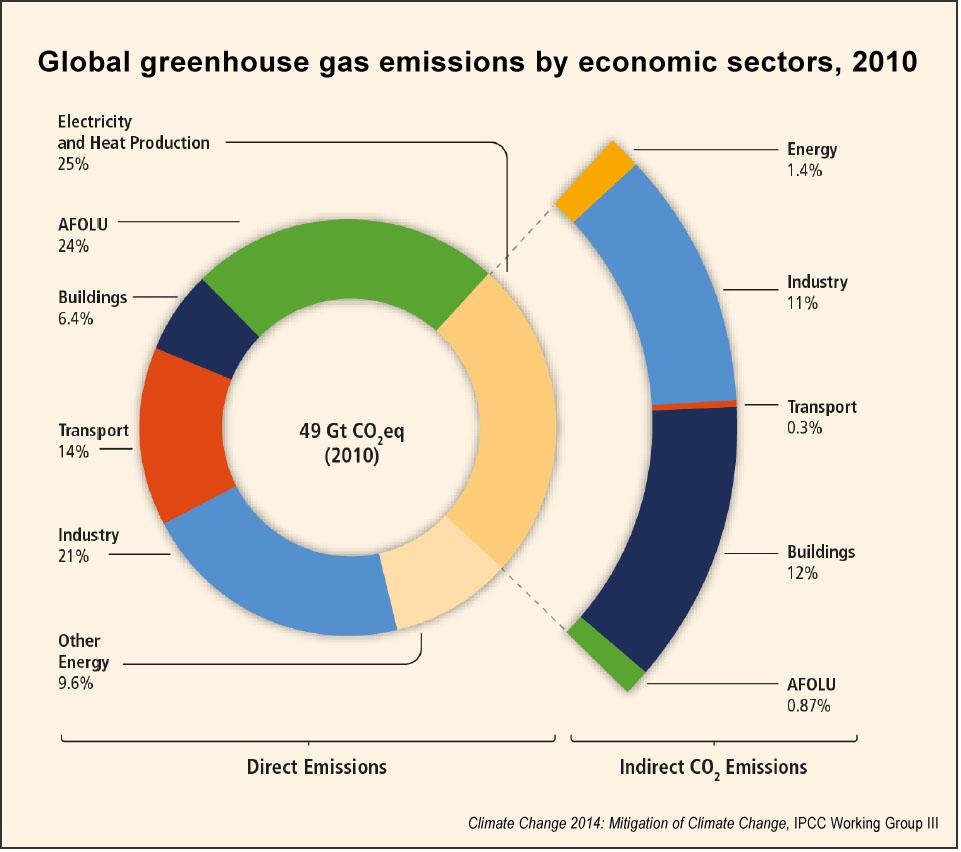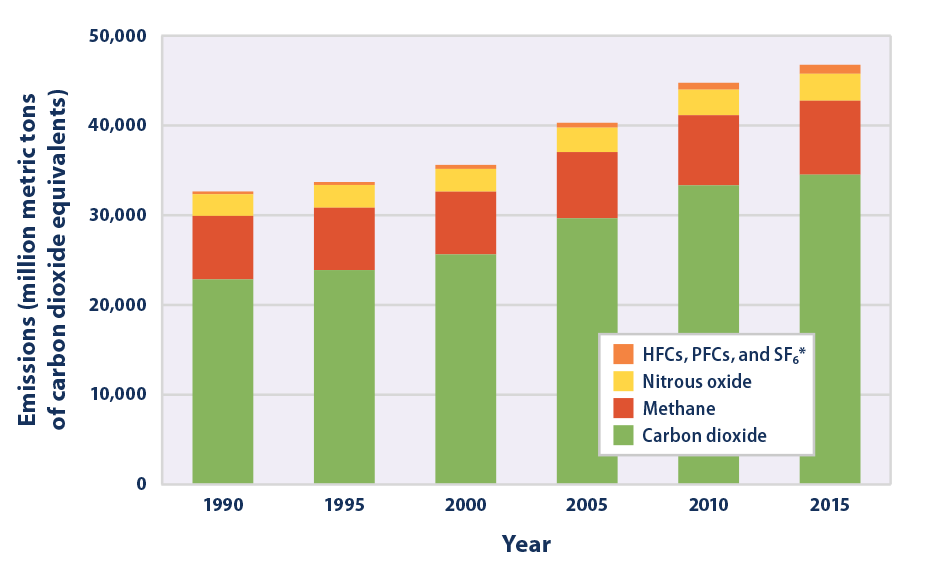Digital data servers around the world cause 2 of global greenhouse gas emissions this is the same amount caused by the aviation industry

Digital Data Servers: A Hidden Culprit of Greenhouse Gas Emissions

In an era dominated by digitalization and technological advancements, it is crucial to understand the environmental impact of our digital footprint. The internet has become an integral part of our lives, but have you ever wondered about the hidden consequences it brings? Surprisingly, digital data servers around the world are responsible for a staggering 2% of global greenhouse gas emissions, equivalent to the emissions generated by the aviation industry. This alarming fact sheds light on the pressing need for sustainable practices within the tech industry.
Research has shown that the energy required to power, cool, and maintain data servers is significant. The servers require immense computing power to handle the ever-increasing demand for digital storage and processing capability. As a result, data centers consume massive amounts of electricity, which often relies heavily on fossil fuel sources. These energy-intensive operations contribute to greenhouse gas emissions, mainly through the burning of coal and natural gas.
To put this into perspective, let’s delve deeper into the aviation industry’s environmental impact. Recently, numerous debates have taken place concerning the aviation sector’s contribution to climate change. Airlines have been targeted for their carbon footprint, with discussions revolving around flight emissions, fuel consumption, and the need for alternative energy sources. However, the digital data server industry’s emissions are often overlooked, despite being comparable to those of the aviation industry.

It’s important to acknowledge the value of the internet and its technological advancements, but we must also recognize the environmental consequences it entails. The constant demand for data storage and processing power puts an incredible strain on our planet’s resources, contributing to the growing concern of climate change.
Fortunately, efforts are being made to address this issue. Tech giants such as Google and Facebook have taken steps toward sustainable practices within their data centers. They have committed to utilizing renewable energy sources, implementing energy-efficient technologies, and reducing their overall carbon emissions. This proactive approach by industry leaders serves as a beacon of hope for a greener digital future.
In conclusion, the digital data server industry’s impact on greenhouse gas emissions should not be underestimated. By accounting for approximately 2% of global emissions, it stands on par with the aviation industry. To mitigate this environmental challenge, it is imperative that the tech industry continues to embrace sustainable practices, invest in renewable energy sources, and prioritize energy efficiency. Only by working collectively can we create a more sustainable and eco-friendly digital landscape.
Source: The Guardian
Tags
Share
Related Posts
Quick Links
Legal Stuff

